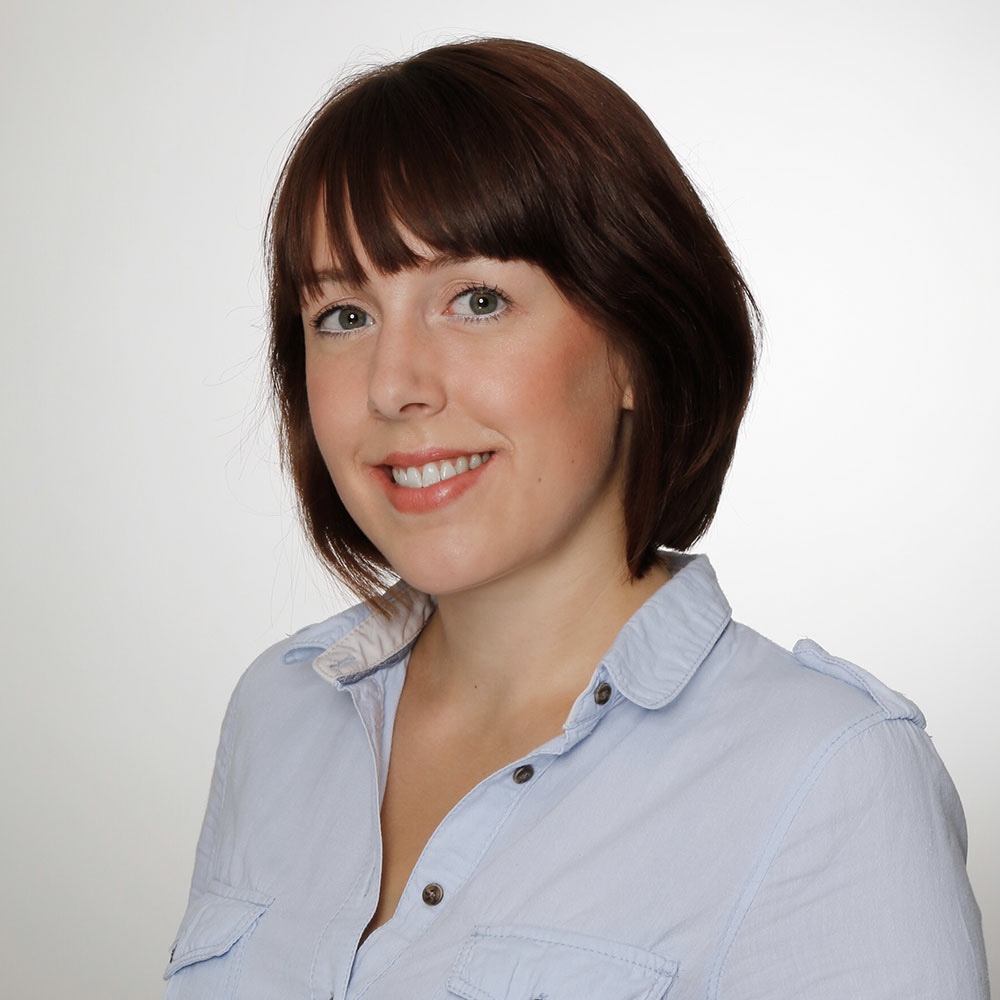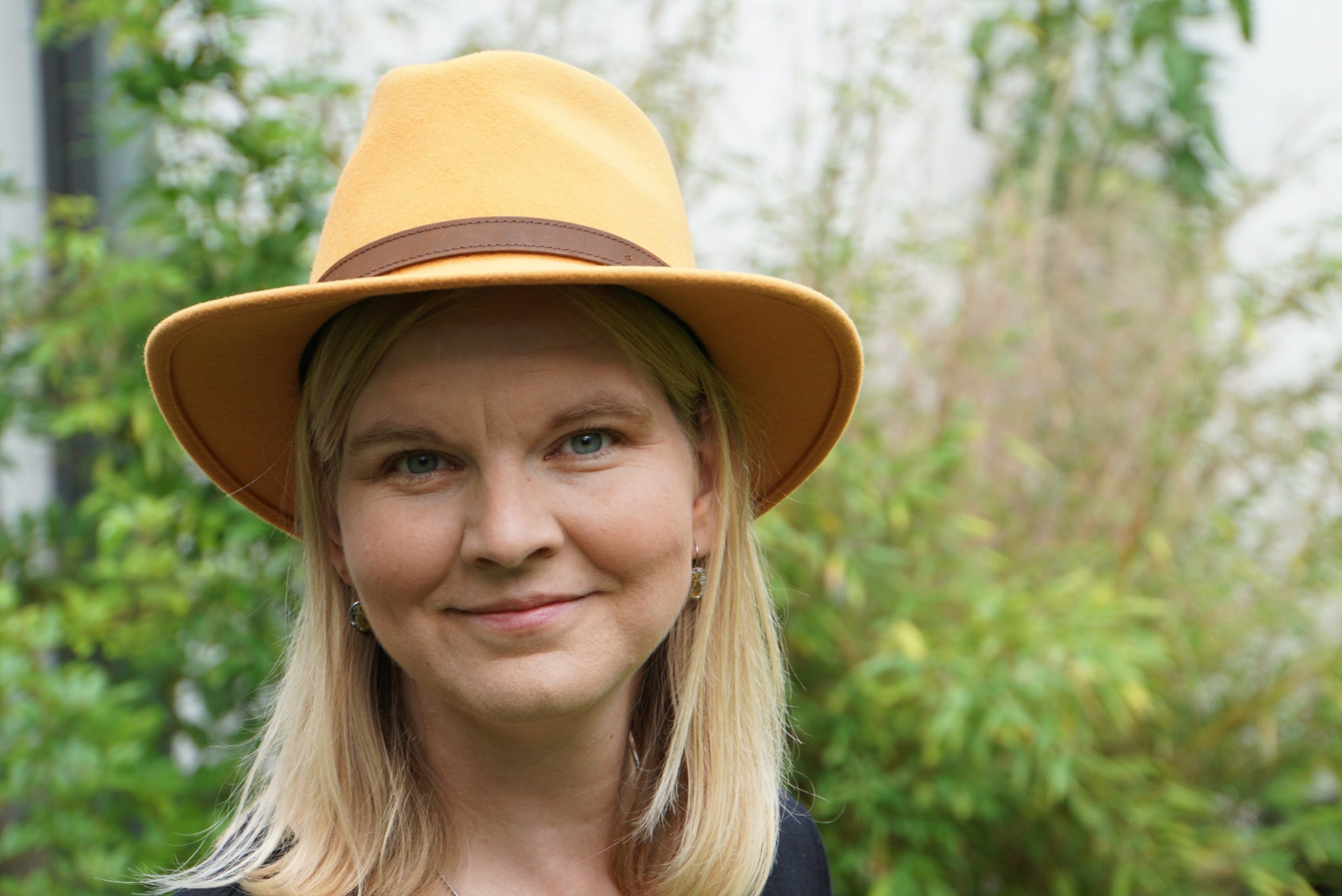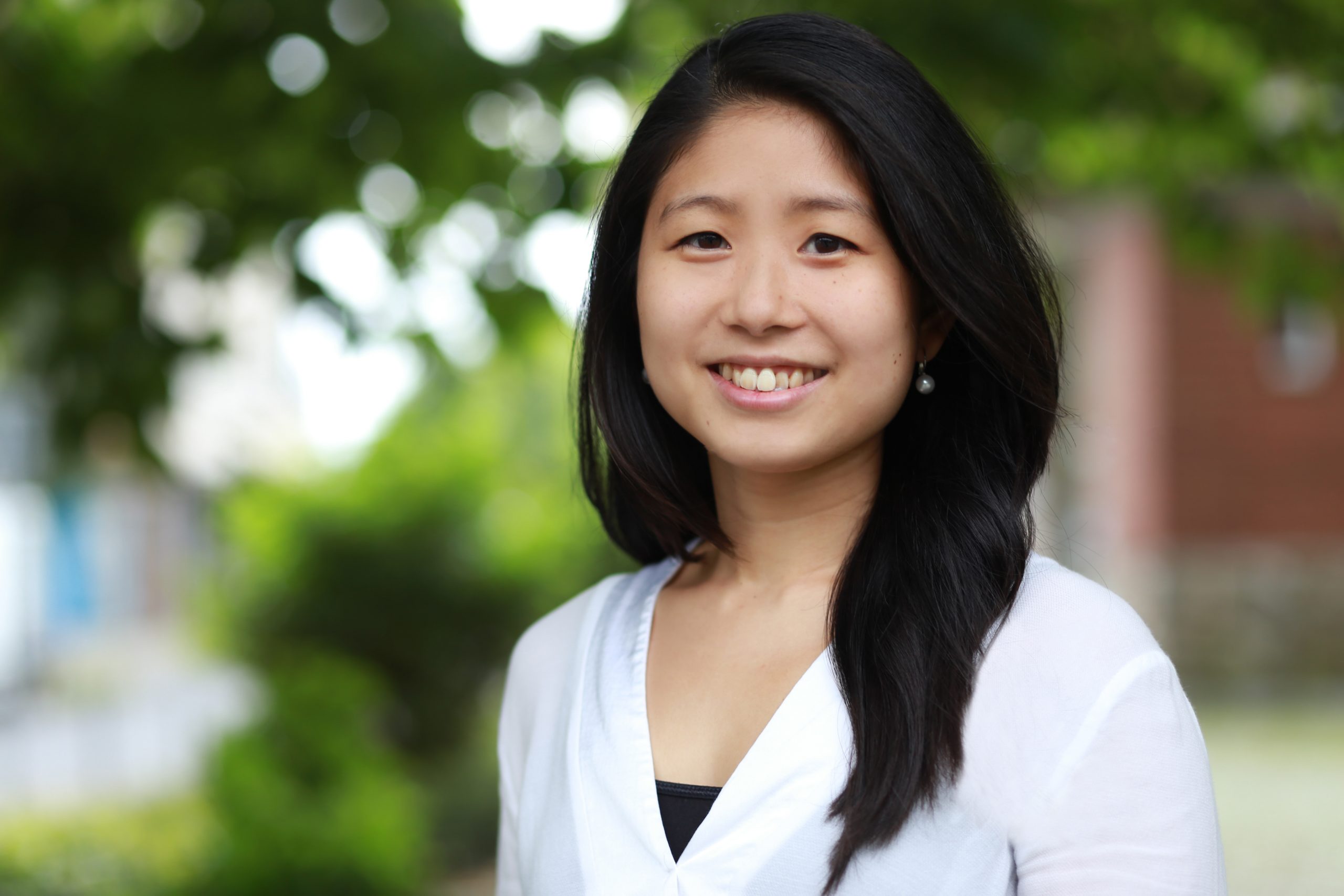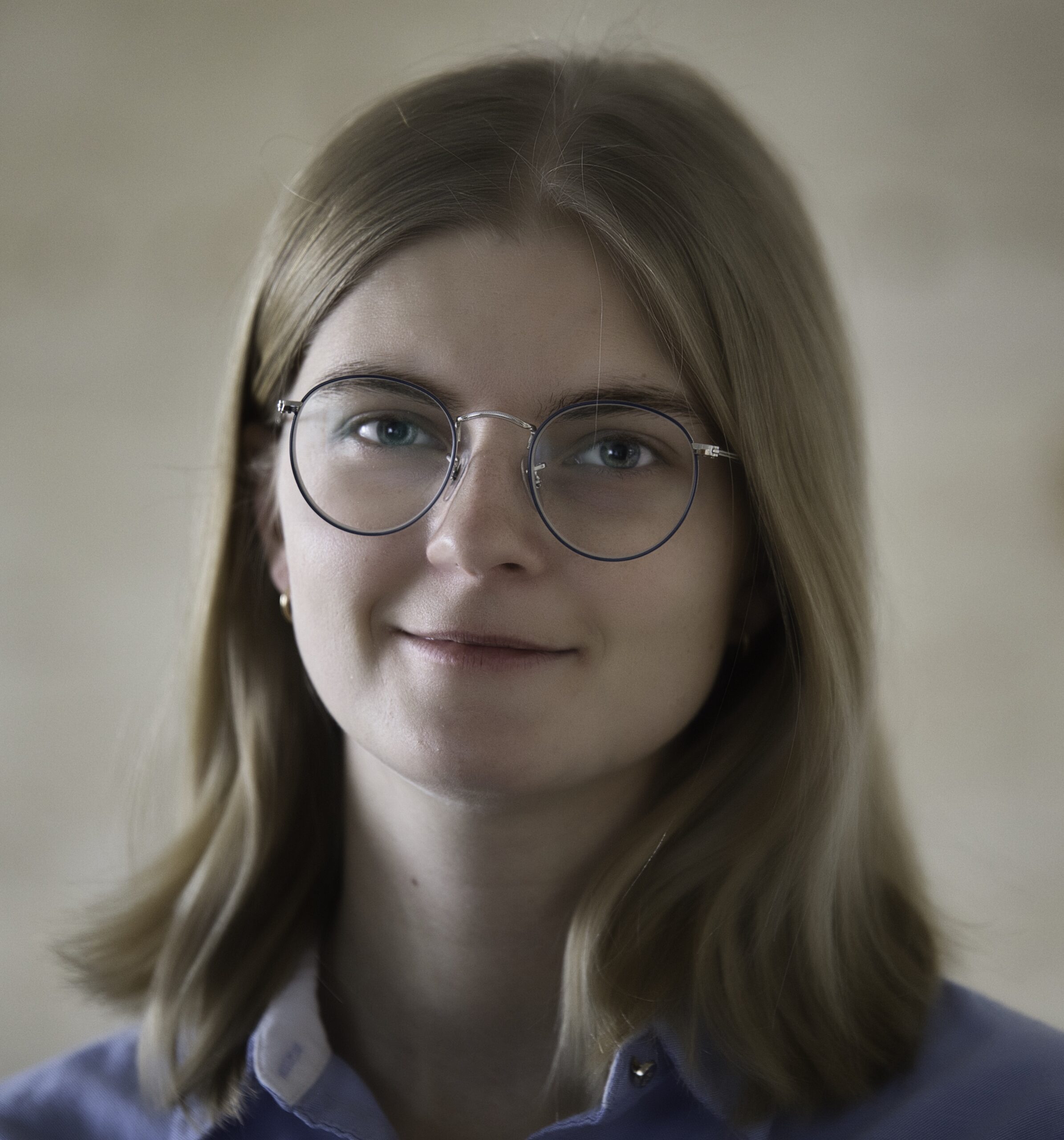Born in Steinfurt, Germany • Studied Maths at the University of Münster, Germany • Highest Degree Doctorate in Maths • Lives in Steinfurt, Germany • Occupation Software Developer at LVM Versicherung (insurance company)
When I started studying maths, I was frequently asked what I was planning to do after graduating. “Who wants to hire a mathematician? Do you want to end up in a boring job working in the financial sector or in an insurance?” Of course, like most of my fellow students, I did not have a satisfying answer to these questions. Today, after several years of studying and struggling with lots of formulas, proofs and theorems, I have learned two very important lessons: First, that there are thousands of opportunities in very different branches of industry and academia a mathematician can take, and second, that having an inspiring and exciting job and working for an insurance is not a contradiction.
And what came next finally took me to the decision to stay with maths for the rest of my life: I realised that I was not the worst student (though not the best either), and I was fascinated by the clarity and pure logic of mathematical problems, forming a huge contrast to the, in my opinion, very unclear analysis of poems and classic literature (sorry to those who would disagree with this point).
In my experience, studying maths is a decision made out of the interest for logical structures, for clarity and puzzles, but not for a particular future job. Unlike many others, the presence of this interest was not clear to me until I reached the last years of high school. Thus I cannot claim that I had always been fascinated by mathematics, though I was never a bad student, my interests lay elsewhere – largely in learning languages, which I still try to spend some time with beside my current job. This changed due to a sudden and, at least in retrospect, very fortunate coincidence: When I had to choose my advanced courses for my last two years at school (every German academic high school student has to decide for two), due to organisational reasons I ended up in the advanced maths class. For a few weeks, I was quite depressed, being sure that I would be the most stupid student next to all those maths geniuses. And what came next finally took me to the decision to stay with maths for the rest of my life: I realised that I was not the worst student (though not the best either), and I was fascinated by the clarity and pure logic of mathematical problems, forming a huge contrast to the, in my opinion, very unclear analysis of poems and classic literature (sorry to those who would disagree with this point). Out of this fascination I finally made the decision to study maths, without having a specific career aspiration and even without having any idea about possible careers.
Although in my opinion, society made great progress in overcoming gender-specific obstacles, I also made the experience that women interested in computer stuff are still a bit unusual. This caused me to be suspicious – would I be good enough, would I be able to establish myself in this branch and would I find a job as a mathematician?
At the university, I fought my way through the first few semesters without a specific plan – but instead with lots of very close new friends with the same mind-set, since studying maths is not least a matter of team work. In my fourth semester, I first encountered the field of numerical mathematics, which, roughly speaking, can be explained as the area of intersection between maths and computer science. I realised how closely related these two fields are: Computer science can be used to solve lots of mathematical problems, while every computer program uses the “language” of mathematics and logics. I was fascinated by the variety of applications and decided to concentrate on this field in my further studies. And slowly, very hesitantly in the beginning, I started thinking that maybe I could become a software developer. Hesitantly because up to this point, I never had any points of contact with computer science in my life, not because I was not interested, but simply because it never came to my mind. Although in my opinion, society made great progress in overcoming gender-specific obstacles, I also made the experience that women interested in computer stuff are still a bit unusual. This caused me to be suspicious – would I be good enough, would I be able to establish myself in this branch and would I find a job as a mathematician? To find the answers to all these questions, I needed to try it out – so I tried, and it was worth it.
Before this rough idea could emerge to a specific plan, a few more years had to pass by. After graduating, I was still insecure about what I wanted to be. Not only, but also not at least in order to postpone a “final” decision, I decided to stay at the university and do a PhD, despite again fighting with my doubts of being good enough. This turned out to be a great idea – I was now able to contribute my own ideas and, in this way, further develop my interests and strengths, all the time attended by a great, supporting and understanding scientist. And although I was for sure not the best student (thanks to my supervisor’s patience at this point), I finally made it, having learned one of the most important lessons in life: You can do it if you really try.
At this point in my life, I knew what I wanted: To use my mathematical logical knowledge in combination with my (at this point, quite acceptable) programming skills to contribute to something “tangible”, something someone could really make use of […].
After finishing my PhD (and now, with a particular plan, namely to become a software developer), I applied for my first job outside of academia. At this point in my life, I knew what I wanted: To use my mathematical logical knowledge in combination with my (at this point, quite acceptable) programming skills to contribute to something “tangible”, something someone could really make use of (sadly this is something missed by many maths students during their studies). The explicit sector was not important for me, since I found for myself that those really deep and specific programming problems are fascinating no matter if the application behind is just a web-enabled water boiler. So I thought, why not an insurance company? The job advertisement sounded very interesting. The company was looking for developers for a completely new contract software, which would be used by the insurance agencies all over Germany. This promised not to be the boring insurance job every first-year maths student is afraid of, so I took the chance. Retrospectively, I am very happy about the path I took, and proud of having had the courage to take it, regardless of my doubts and fears of not being good enough. Although this is something several maths students have in common, most of my former fellow students also share the ability of tenacity, they do not give up easily, but make their way and realise that it works – in the end, the struggle was worth it and I would strongly recommend to just give it a try.






Recent Comments